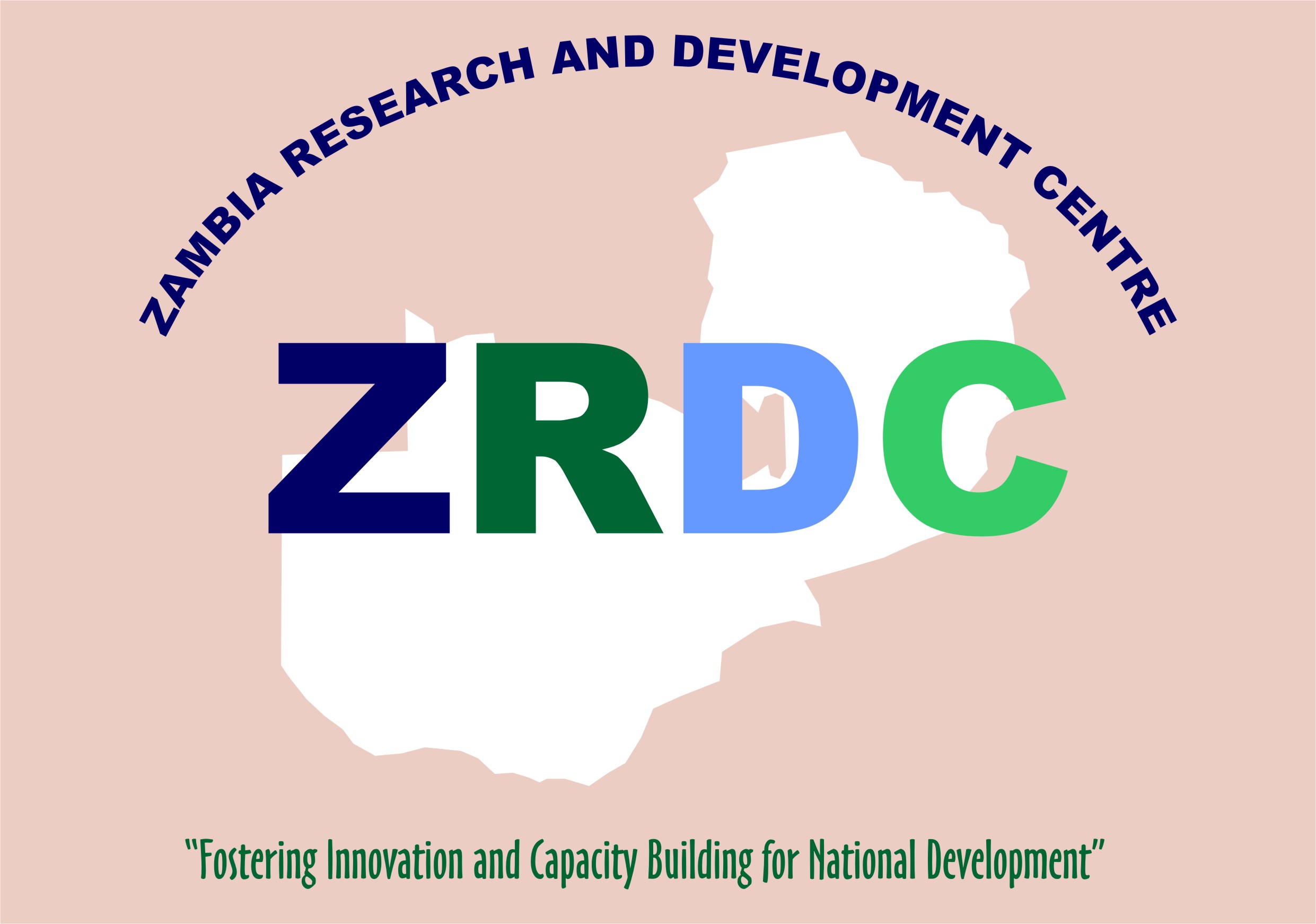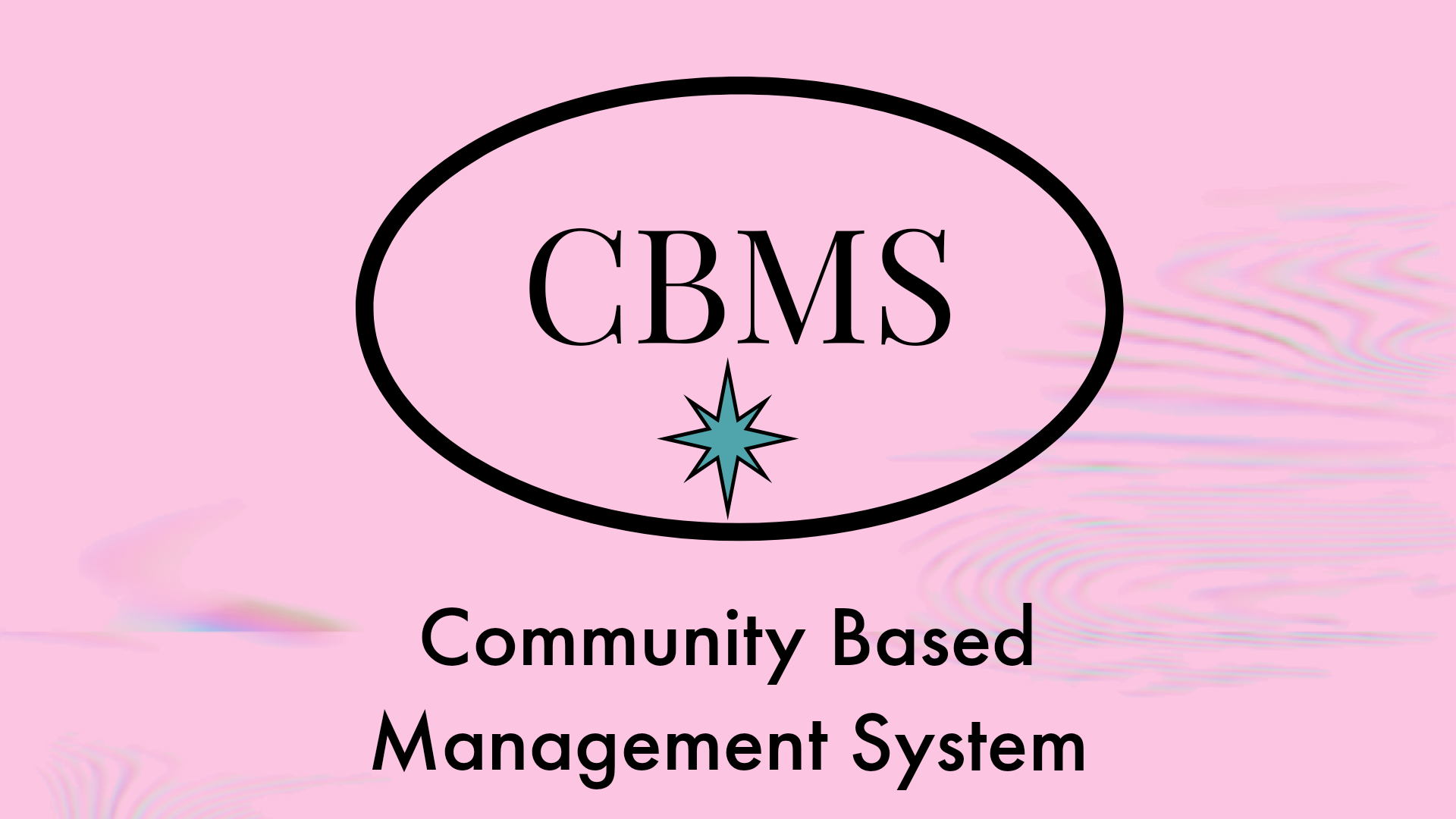was carried out in Mungule and Makishi areas in Central and Lusaka provinces of Zambia. This was done to ascertain the effectiveness of the data collection instruments and to test the feasibility of implementing the CBMS in Zambia. CBMS is a cost-effective system and approach to confronting the poverty problem, as has been evidenced in the pilot implementation in Zambia. It is also an easy system to sustain. It uses enumerators and Teams from the community without the use of the much expensive experts in data collection, processing and validation.
the CBMS implementation started in 2009, and was specifically geared towards the expansion and institutionalization of the CBMS methodology, indicators and instruments that were developed and pilot-tested in the earlier project phase. This project phase was carried out in Kabwata (Lusaka District), Mungule (Lusaka/Chibombo District) and Mikonfwa (Luanshya district) areas of Zambia.
CBMS project phase 2 was focused on Monitoring and Mitigating the Impact on Poverty of the Global Financial and Economic Crisis. It aimed to assess the impact of the crisis on poverty in Zambia. In particular, the impact at the household and community level was analyzed using data on the different dimensions of poverty obtained from the community-based monitoring system.
Implementation of e-CBMS and e-Council
In its mission to foster innovation and capacity building in the area of e-Governance, ZRDC has developed an e-CBMS methodology that is being piloted in Zambia. The e-CBMS system is also being incorperated in the ongoing development of the e-Council system that will automate all local government activities at council level. This system will enable tracking and monitoring of community programmes and elicitation of community feedback electronically, for participatory planning and budgeting.
Certificate in Community-Based Monitoring System and Poverty Mapping
ZRDC is currently conducting a training programme to enable capacity building on CBMS in a broader perspective in Zambia. A certificate course (duration: 2 months) is being offered to employees from councils, NGOs and local government units. This course is also open to any person who wants to advance his carreer in social research focusing on community and poverty mapping.




